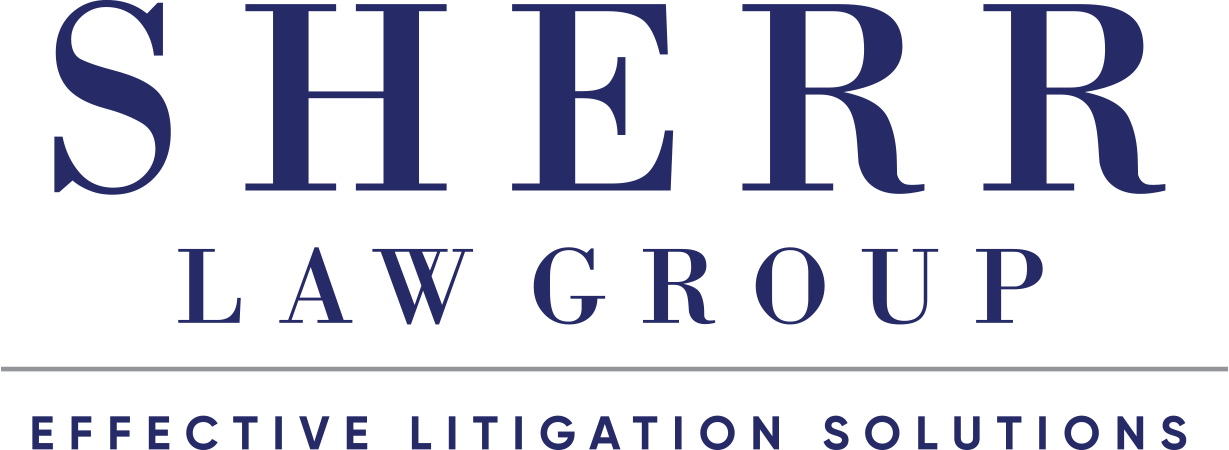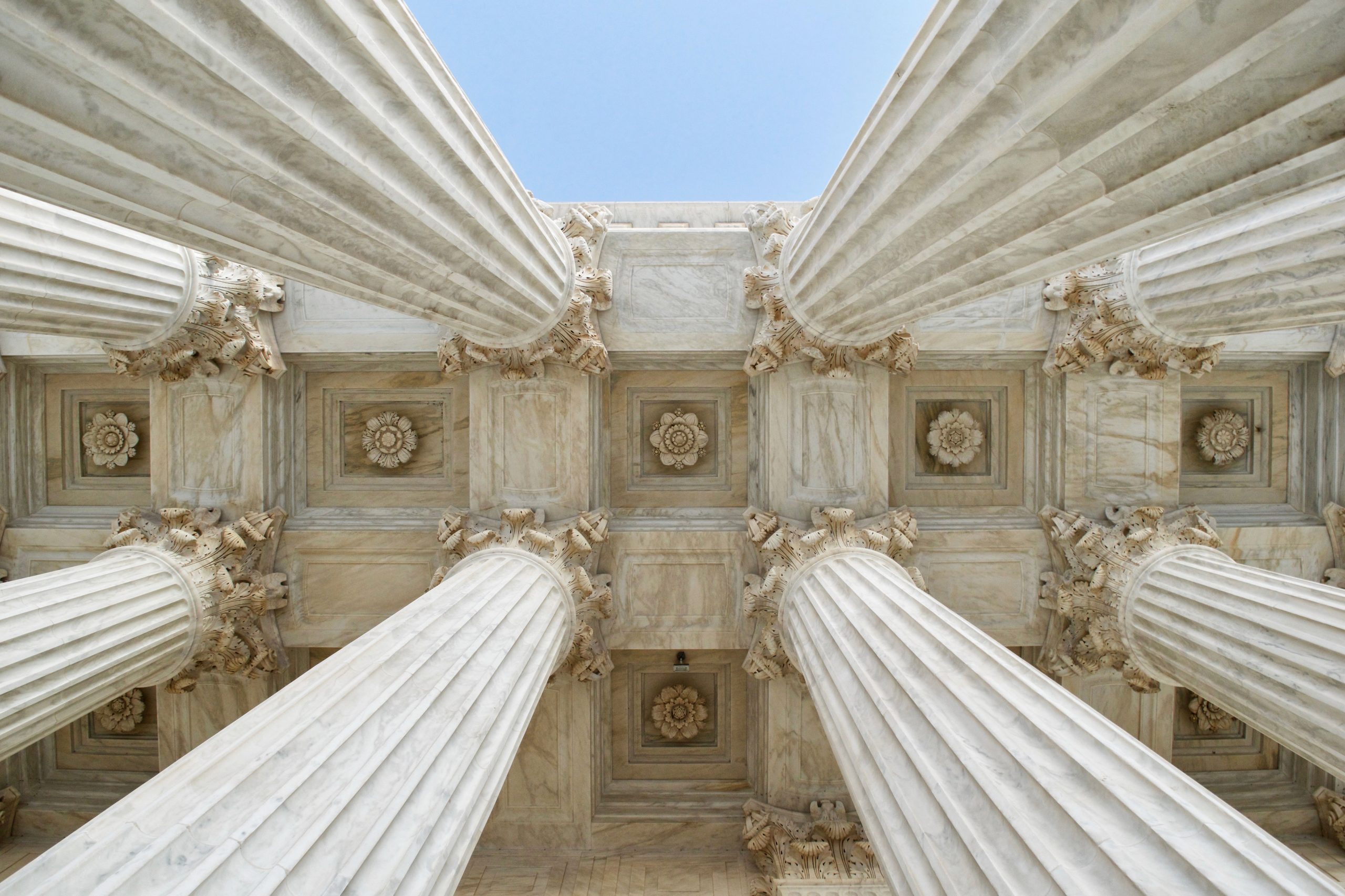The Pennsylvania Sunshine Act ensures transparency in government proceedings by requiring most meetings of agencies, boards, and commissions to be open to the public. However, there are exceptions to this rule, and one of the most notable is the provision for executive sessions. Executive sessions allow public officials to discuss certain matters privately, away from the scrutiny of the public.
While executive sessions serve a legitimate purpose, their use must comply with the strict guidelines outlined in the Sunshine Act to maintain transparency and accountability.
In this blog, we’ll delve into the rules and proper conduct of executive sessions under the Pennsylvania Sunshine Act, exploring common pitfalls and best practices for navigating these closed-door meetings.
Understanding Executive Sessions
Executive sessions are closed-door meetings held by public agencies, boards, or commissions to discuss specific matters permitted under the Sunshine Act. These matters typically involve sensitive topics such as personnel issues, litigation strategy, or negotiations, where public disclosure could harm the agency’s interests or violate privacy rights.
The Pennsylvania Sunshine Act outlines the criteria for convening executive sessions, including the specific topics that may be discussed and the procedures for announcing and conducting these sessions. Public officials must adhere to these guidelines to ensure compliance with the law and maintain the public’s trust.
Rules and Proper Conduct
Executive sessions may only be convened to discuss matters explicitly permitted under the Sunshine Act, such as personnel matters, pending litigation, real estate transactions, or security arrangements. Public officials must ensure that the topics discussed fall within these permissible categories to avoid violating the law.
Before convening an executive session, public officials must publicly announce the purpose and justification for the closed-door meeting. This announcement should specify the statutory basis for holding the executive session and provide a general description of the topics to be discussed, without disclosing confidential or sensitive information.
While discussions during executive sessions are confidential, public officials must maintain accurate records of the proceedings, including minutes or transcripts, to document compliance with the Sunshine Act. These records should be kept separate from regular meeting minutes and made available for public inspection upon request, subject to any applicable exemptions.
Common Pitfalls and Best Practices
The Pennsylvania Sunshine Act imposes strict guidelines on the use of executive sessions. In this section, we’ll explore common pitfalls and best practices for navigating executive sessions under the Sunshine Act, emphasizing the importance of discretion, transparency, and legal compliance.
One common pitfall is the overuse of executive sessions, where public officials convene closed-door meetings to discuss matters that could be addressed in open sessions. While executive sessions are intended for genuinely sensitive topics, such as personnel matters or litigation strategy, some public officials may misuse them, undermining transparency and public trust. To address this, public officials must exercise discretion and reserve executive sessions for discussions that truly warrant confidentiality, aligning with the criteria specified in the Sunshine Act.
Another pitfall is the failure to provide adequate justification and transparency regarding the need for an executive session. When announcing executive sessions, public officials must clearly communicate the purpose and statutory basis for convening the closed-door meeting. Failing to do so can lead to skepticism and mistrust among the public, compromising the integrity of government proceedings. By ensuring transparency and accountability, public officials can uphold the principles of good governance and maintain public confidence in the decision-making process.
To navigate executive sessions effectively, public officials should adhere to best practices outlined in the Sunshine Act. This includes familiarizing oneself with the provisions of the law, seeking legal advice when necessary, and conducting executive sessions in strict accordance with established procedures. By following these best practices, public officials can ensure compliance with the law, minimize the risk of legal challenges or public scrutiny, and uphold the principles of transparency and accountability in government proceedings.
Legal Guidance for Municipalities
A municipal law attorney can play a crucial role in helping a municipality defend against Sunshine Act complaints, ensuring adherence to legal requirements and protecting the municipality’s interests.
Firstly, an attorney can provide guidance on interpreting and applying the provisions of the Sunshine Act to the municipality’s specific situation. This includes assessing whether the alleged violation constitutes a genuine breach of the Act and identifying potential defenses or mitigating factors.
Furthermore, an attorney can assist in gathering relevant evidence and documentation to support the municipality’s defense. This may involve reviewing meeting minutes, communications, and other records to demonstrate compliance with the Sunshine Act’s requirements.
Additionally, an attorney can represent the municipality in any proceedings or negotiations related to the complaint, advocating for the municipality’s position and protecting its legal rights.
Moreover, an attorney can offer strategic advice on resolving the complaint, whether through informal mediation, settlement negotiations, or formal legal proceedings. By leveraging their expertise in government law and litigation, an attorney can help the municipality navigate the complaint process effectively and minimize potential liabilities or penalties.
Pennsylvania Sunshine Act Attorneys
Executive sessions play a vital role in enabling public agencies to address sensitive matters effectively while upholding the principles of transparency and accountability. However, their use must be guided by the strict guidelines outlined in the Pennsylvania Sunshine Act to ensure compliance with the law and maintain public trust.
By understanding the rules and proper conduct of executive sessions, public officials can navigate these closed-door meetings with confidence, avoiding common pitfalls and adhering to best practices for transparency and accountability in government proceedings.
With our deep understanding of government law and extensive experience in assisting municipalities and public officials, Sherr Law is well-equipped to navigate the complexities of the Sunshine Act and provide tailored solutions to meet our clients’ needs.
Whether you are seeking advice on conducting executive sessions in accordance with the law or defending against Sunshine Act complaints, our team of legal professionals is here to support you every step of the way. Contact us to schedule a consultation.



